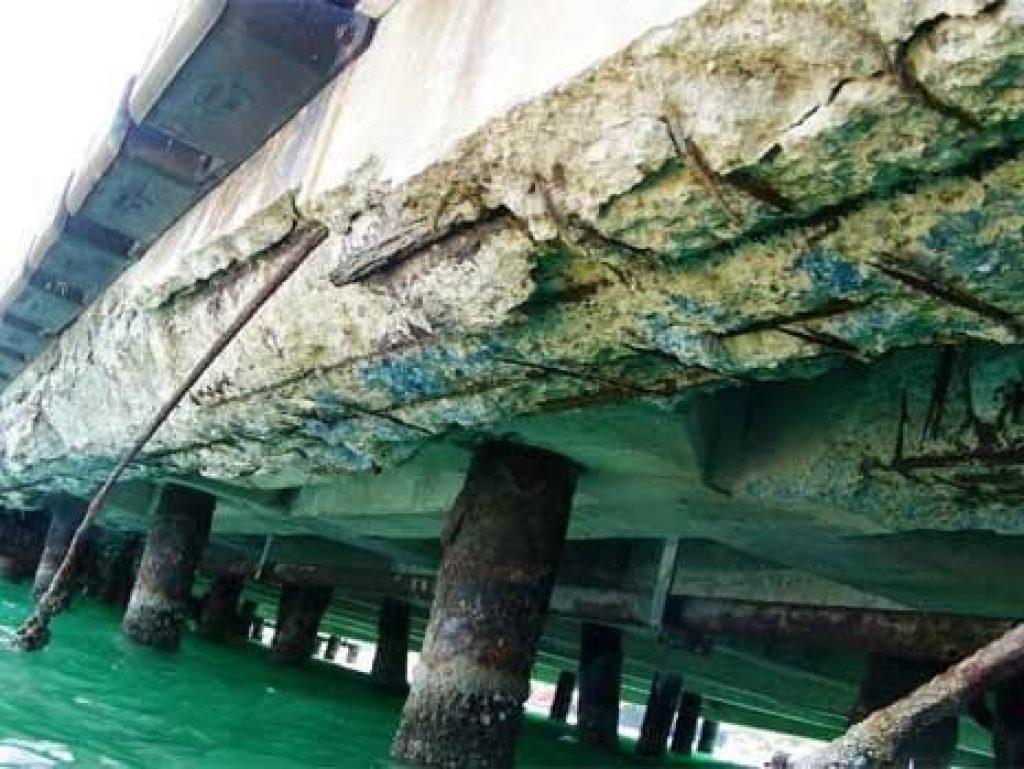Concrete is widely used in all types of private and public construction projects. It is known as a very durable and cost-effective building material. But, there are different factors that determine how durable concrete will be. Some factors are in the mixing and pouring of the concrete, and others involve the conditions the concrete will be subjected to. Taking the time to learn the factors that will affect concrete durability can save money and reduce liabilities for contractors.

What is Polymer Concrete?
One newer concrete product is polymer concrete. This is a concrete product that adds resin to the binding agent with corrosion-resistant sand, the aggregate, and an FRP rebar to make a very durable and corrosion-resistant concrete structure. This special concrete comes with a 50-year corrosion warranty.
The corrosion to avoid in systems like wastewater handling is caused by hydrogen sulfide oxidizing to sulfuric acid that causes acid corrosion in concrete manholes, lift stations, pump stations, and other concrete structures.
7 Factors Affecting the Durability Of Concrete
There are many factors affecting the durability of concrete and concrete structures. Some are related to the mixing and pouring of the concrete. This includes curing and caring for newly poured concrete.
1. The proper mix of water, cement, aggregate, and the quality of each material. Contaminated materials will weaken the final cement product.
2. The moisture in the air during concrete application. Too much moisture reduces the strength of the concrete. Do not pour concrete during a rain event.
3. There is a limited range of proper temperature to pour concrete and let it cure. Factors causing the internal temperature of the concrete to be too high can lead to cracking and internal stresses.
4. The quality of the contractor’s work can affect the concrete durability. Lack of attention, poor or incorrect curing, incorrect placing temperature, incorrect compaction of concrete, inadequate expansion joints, and other factors can affect the durability and safety of the concrete structure.
5. Construction joints should have waterproofing steps taken to avoid them being a weak point in the concrete structure
6. Once the concrete is poured, it must be leveled and treated to remove bubbles and voids in the concrete mix. Once the concrete is poured, leveled, and finished, it must be kept moist and within the proper temperature range while it cures.
7. Achieving low permeability with proper mixes and using water-reducing additives like plasticizers or resins is important. Sealing the cured concrete with a waterproofing admixture can protect concrete from suffering water damage.
Also Read: https://smallhousedecor.com/home-tips/when-why-is-a-concrete-floor-the-right-choice/
Some Factors Affecting Concrete Once it is Cured
Once the concrete is poured, finished, and properly cured, it can be affected by environmental factors such as high humidity and rain, UV rays, seawater intrusion, chemical corrosion, and more. Abrasion from many sources can weaken the concrete. Freezing and thawing cycles can weaken the concrete. It is important to take the weather and environmental conditions into consideration when choosing the proper concrete mix for every construction project.
There are construction guides to help when specifying the correct admix of concrete for each type of construction project and the conditions the project must withstand. The architect and structural engineer should be researching these factors as they develop project specifications. But, the concrete contractor also has the responsibility to advise the other professionals on a construction project on the concrete mixes that have been proven to work under different conditions.